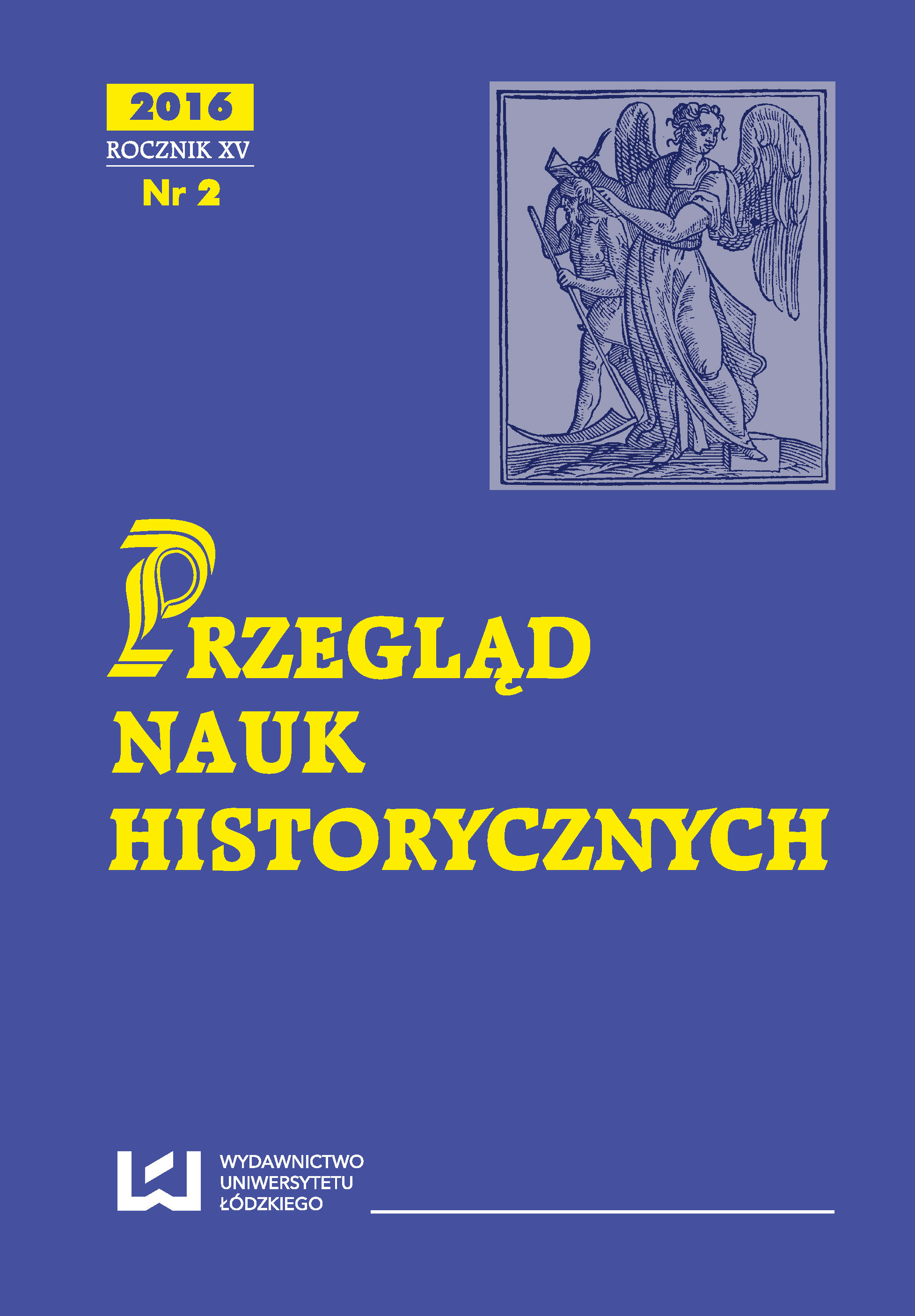Angielski handel zewnętrzny (i kolonialny) w dobie wojny o imperium (1740–1765)
English foreign (and colonial) trade during the struggle for Empire (1740–1763)
Author(s): Piotr RobakSubject(s): Military history, International relations/trade, 18th Century, Peace and Conflict Studies
Published by: Wydawnictwo Uniwersytetu Łódzkiego
Keywords: England; foreign trade; colonization; 18th century;
Summary/Abstract: The process of Americanisation of overseas trade formed the main ground of colonial rivalries of European states, especially Great Britain and France, in the Atlantic sphere in the first half of the 18th century. This competition caused the series of colonial and naval wars which were connected with European conflicts in the period from 1740 to 1763. Great Britain took active part in these military events in Europe and in overseas spheres termed in a literature as the struggle for Empire. The article presented the main directions of a growth of English foreign (and colonial) trade during this stormy period. The English overseas trade statistics (generally based on the collected but approximated date by E.B. Schumpeter) have indicated that in the described years was continued the growth of English foreign trade, especially rapidly from the half of the 18th century what is termed in the contemporary historical literature as a second phase of so called „trade revolution”. This foreign trade was characterized by a dominated position of four traditional European markets with a whole positive balance in all the time. The Northern-Western market (from Germany to Atlantic coast) possessed the biggest and profitable share in this trade but in general scale it was stagnated. On the other hand the trade in the Baltic sphere had a dynamic growth though unprofitable (as a result of a great share of import from Russia). The English trade in Levant was in a deep stagnation though it marked a growth in different periods in the commercial exchange with Iberian and Italian states. The English Extraeuropean trade, however, had a much more dynamic growth than on European markets, though lower in a volume of value and unprofitable in a full scale of its commercial exchange. The main role in this trade played American markets (from Canada to some Caribbean Isles) with some share of Iberoamerican markets in different periods. This part of so called Atlantic economy of England dominated over the whole English Extraeuropean trade. In this Atlantic economy also two markets were profitable: North American and African as important export/reexport spheres, especially for English manufacture goods. Thanks to the great share of overseas import (colonial products) in the English reexport to European markets the whole English foreign trade had the regular positive balance in the described period. The participation of Great Britain in the mentioned struggle for Empire had many effects to the English foreign (and colonial) trade. These ones were more visibles in Europe than in overseas spheres, in different years, especially during the Seven Years War, with an additional share of political events and a new economic policy (prohibited tarifs) of some states. In contrast to situation in Europe, however, this struggle for Empire conducted at seas and in colonies, in spite of temporary fluctations, encouraged the growth of English overseas trade and brought new colonial markets confirmed by the peace treaty in 1763.
Journal: Przegląd Nauk Historycznych
- Issue Year: 15/2016
- Issue No: 1
- Page Range: 43-84
- Page Count: 42
- Language: Polish

